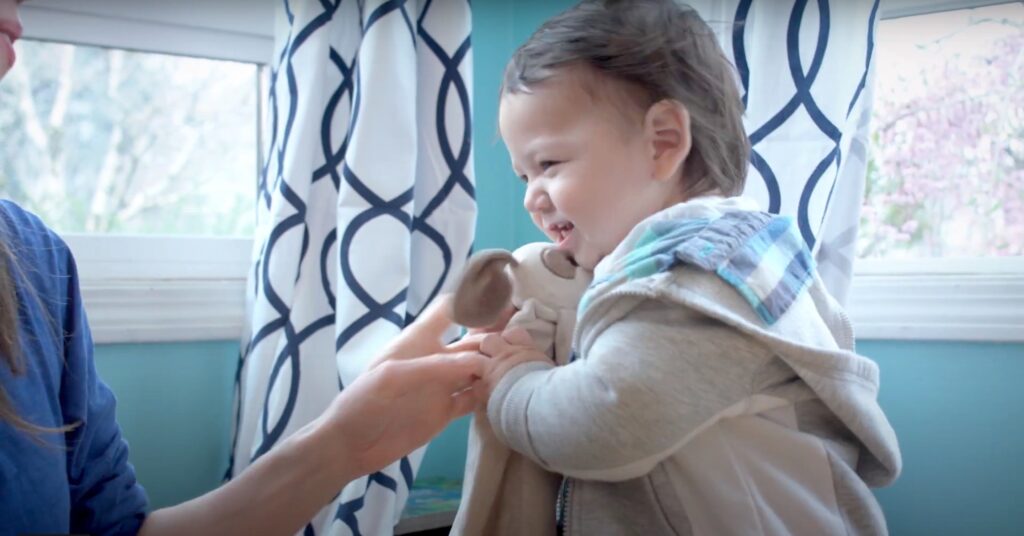
You do everything you can to be an amazing parent, but nobody’s perfect. No matter how sensitive, attuned, and attentive you are, you and your child are bound to have some misunderstandings. Given that you are a human being, you might even make mistakes in your parenting. These moments are formally called “misattunements” (we call […]

A Mix-Up, Fix-Up Model for Reconnecting with Your Child “Experience is simply the name we give our mistakes.” – OSCAR WILDE

Winnicott, D.W. (1965). The maturational processes and the facilitating environment: Studies in the theory of emotionaldevelopment. Madison, CT: International Universities Press.

Tantrums are emotional meltdowns. Your child cannot think during a tantrum, and you cannot reason with her until she calms down. Parental Attitudes • Remember your child’s age and stage. Have realistic expectations. • Do not take your child’s words or behavior personally. Your child’s tantrum is not a reflection on you or on your […]

Choose your battles wisely. • Go ahead and give in a little sometimes, so that your child has a healthy sense of control. Key words are “a little sometimes”; giving your child too much control will only increase tantrums. • Acknowledge or thank your child when she manages frustration or cooperates. Set your child up […]

Temper tantrums are a normal part of your child’s development. You may dread tantrums because you feel scared, confused, or even embarrassed by these sudden outbursts. Unfortunately, you can’t avoid them, so strengthen your endurance. Understand that tantrums are a way for your child to overcome frustrations and intense emotions. Being out of control is […]

Preventing and Managing Those Dreaded Meltdowns “Do not teach your children never to be angry; teach them how to be angry.” – LYMAN ABBOTT

Pacella, B. L. (n.d.). Limit setting / discipline. Retrieved from http://www.theparentchildcenter.org/parenting-articles/limit-setting-discipline Poarch, J.E. (1990). Limits: The keystone of emotional growth. Muncie, IN: Accelerated Development Inc. Runkel, H. E. (2008). Screamfree parenting: The revolutionary approach to raising your kids by keeping your cool. New York, NY: Broadway Books

• Don’t introduce time-outs too soon. Only introduce time-outs to very young children when necessary. Time-outs can create fear and anxiety in very young children, so you should always reinforce connection rather than separation. • Do not use time-outs to punish. A time-out should not be a punishment, but instead a time to pause. This […]

• Match your voice to the moment. Use a tone of voice that matches the limit you are trying to set for your child. Children are sensitive to tone of voice. Don’t use a strong tone for setting a minor limit – it can confuse your child. • Tell, don’t ask. Use statements rather than […]




